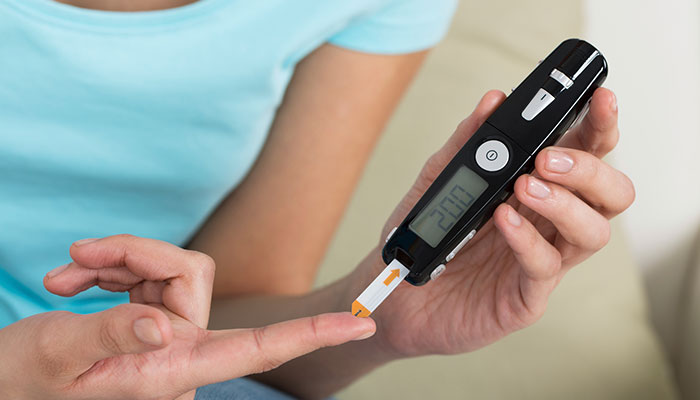
How Diabetes Impacts Women’s Health
Diabetes is a prevalent problem that thousands of people live with. Although it’s important to be aware of diabetes care and prevention all year long, November is American Diabetes Month. This is a wonderful time to stop and think about how diabetes impacts everyone’s health—and especially women. Diabetes is a top concern for women of all ages, and it affects nearly all other aspects of a person’s health.
Diabetes Health Risks
Both of the main types of diabetes carry unique health concerns and risks for women. For example, research has shown that women with diabetes are at an increased risk for depression, which is already more prevalent in women than it is in men. Diabetes also leads to a higher frequency of eating disorders for women and a greater risk of heart attack.
Diabetes and Pregnancy
Diabetes is a particularly pressing health concern for pregnant women because it affects the mother’s health and the health of her unborn child. It is now standard practice for all pregnant women to be routinely screened for gestational diabetes—a form of diabetes that’s unique to pregnancy. Essentially, this condition occurs when a non-diabetic pregnant woman develops high blood sugar levels during her pregnancy.
It’s often asymptomatic, meaning that a woman can have GD without showing any outward signs, and is diagnosed through a blood screening test. If you’re pregnant, it’s important to find out if you have gestational diabetes, as it puts you at risk for a host of other problems, including pre-eclampsia. A baby born to a mother with uncontrolled GD is at greater risk of being too large at birth, suffering from hypoglycemia (low blood sugar), or even stillbirth.
Medication and Diabetes
If you have diabetes, talk to your doctor at Women’s Medical Associates of Nashville about any non-diabetes related medications you take and the risks that they carry in conjunction with diabetes. For example, studies have shown that birth control pills can lead to elevated blood glucose levels. Extended use of birth control pills (longer than a year or two) in diabetics also leads to an increased risk of complications, such as high blood pressure or kidney disease.
Finally, diabetic women should be aware of the potential side effects of medications used to treat diabetes. The medication group known as thiazolidinediones may cause non-ovulating, where pre-menopausal women start ovulating. This increases the chances of unexpected conception, and there are a host of other concerns. These medications may also decrease the effectiveness of birth control pills.
